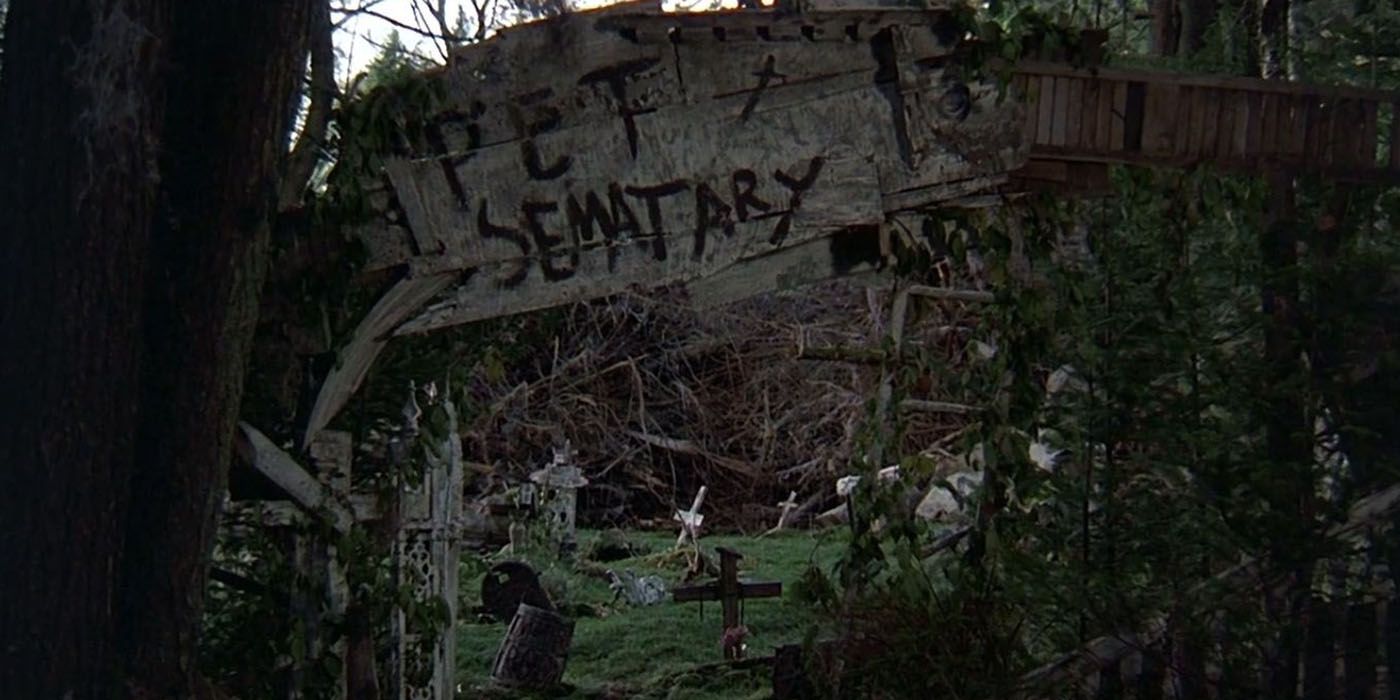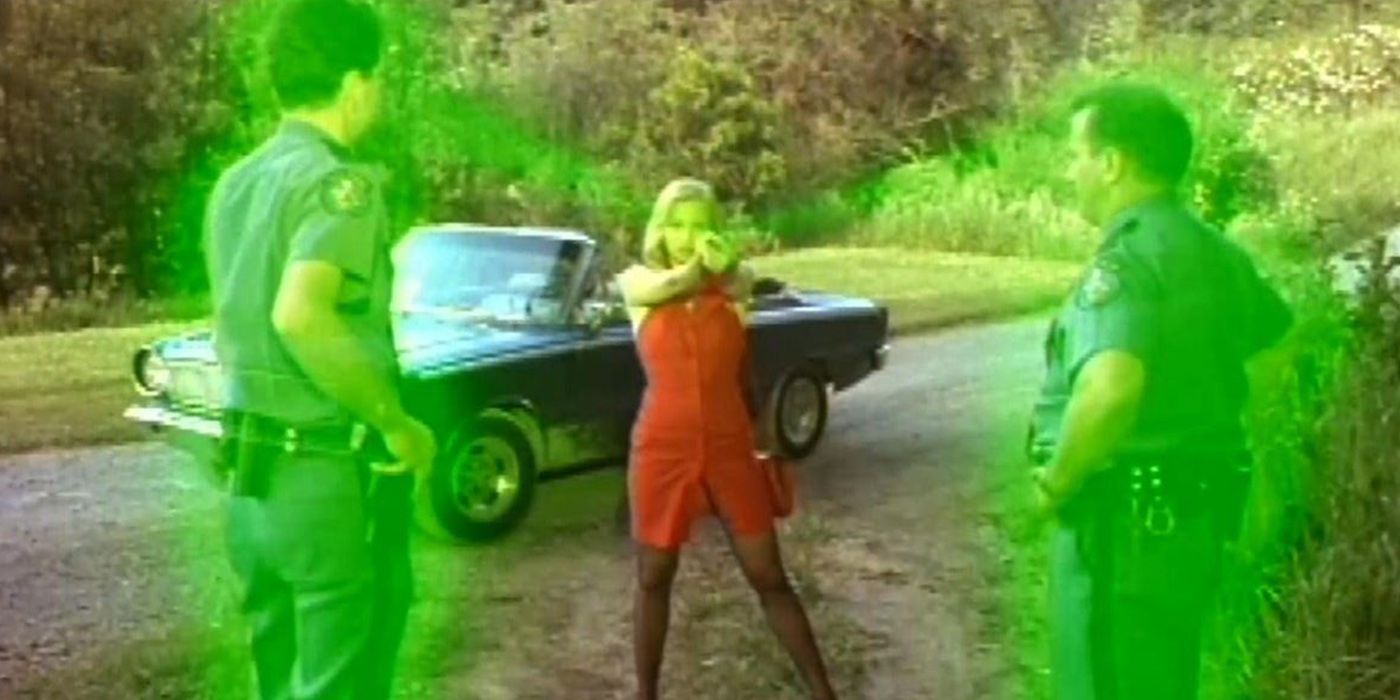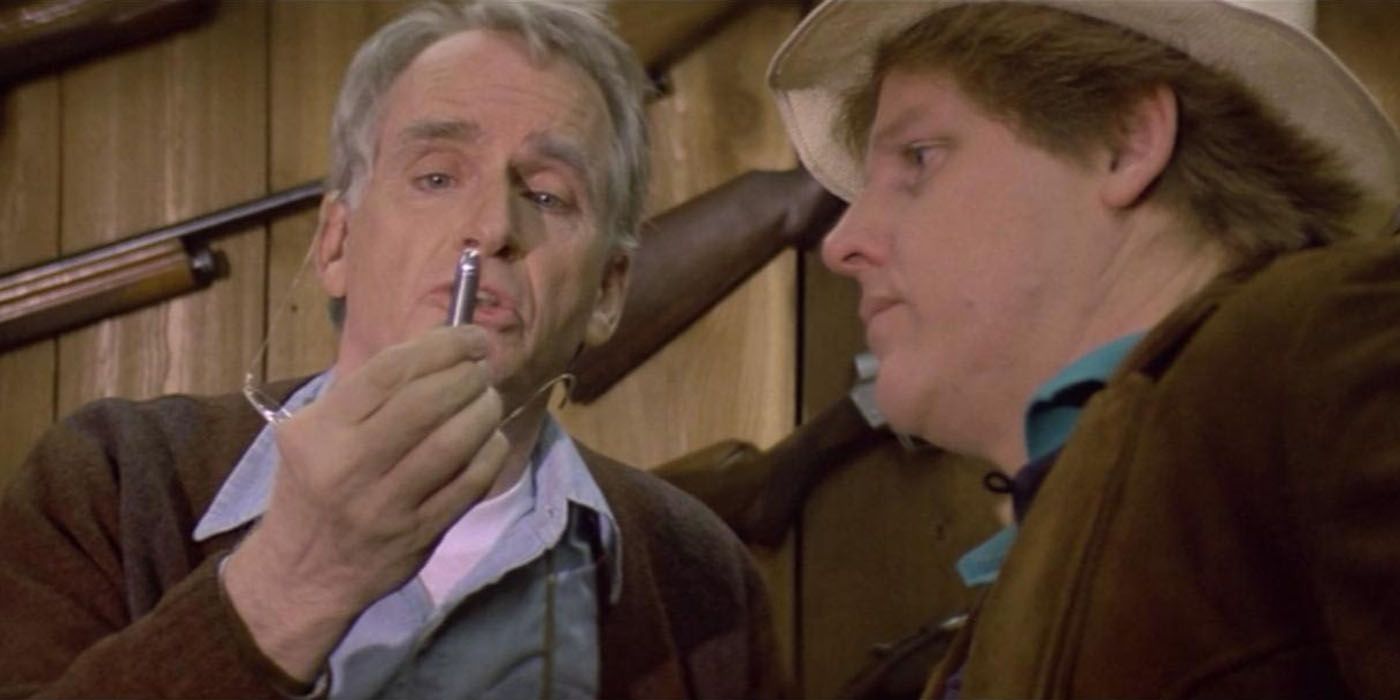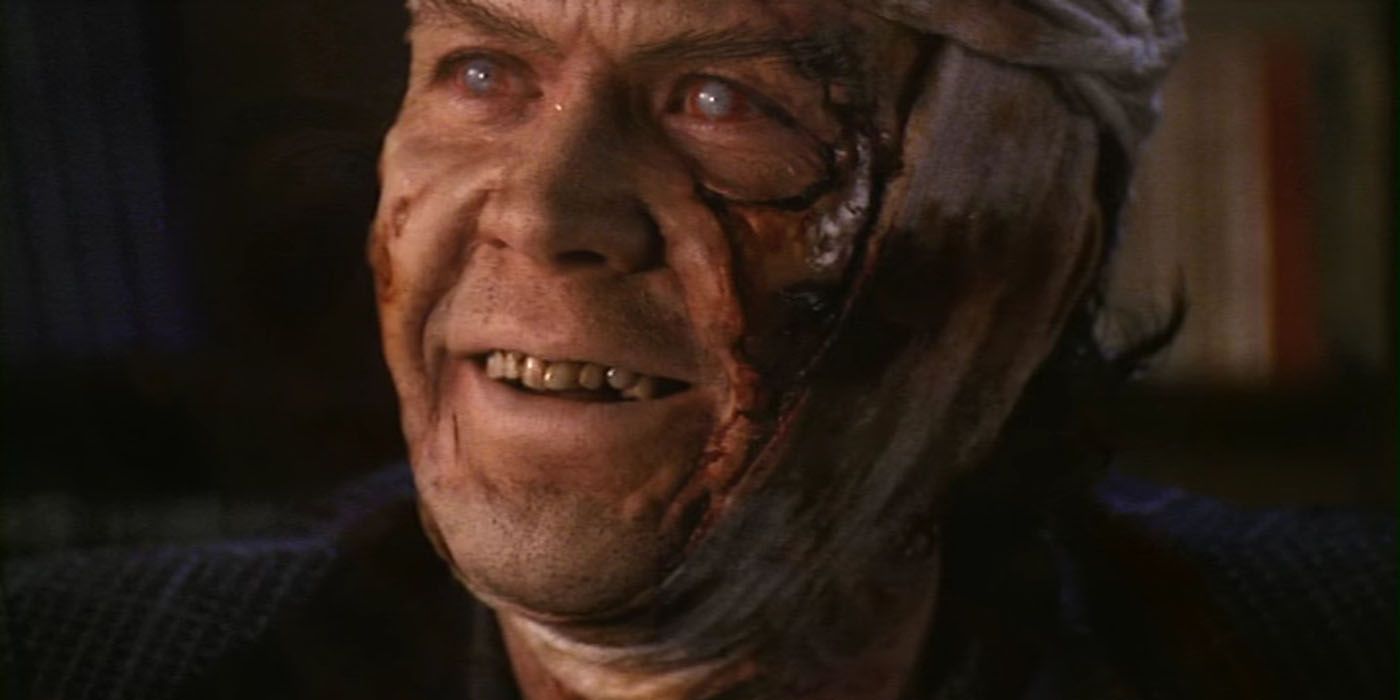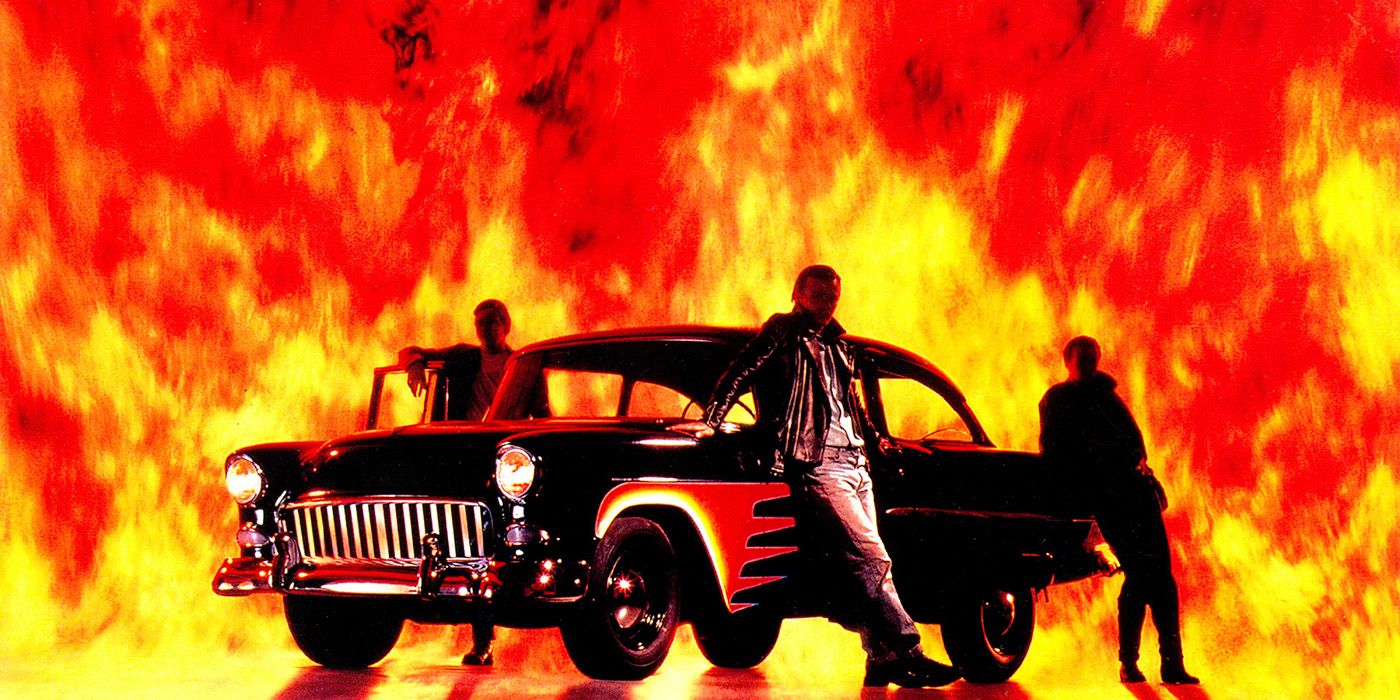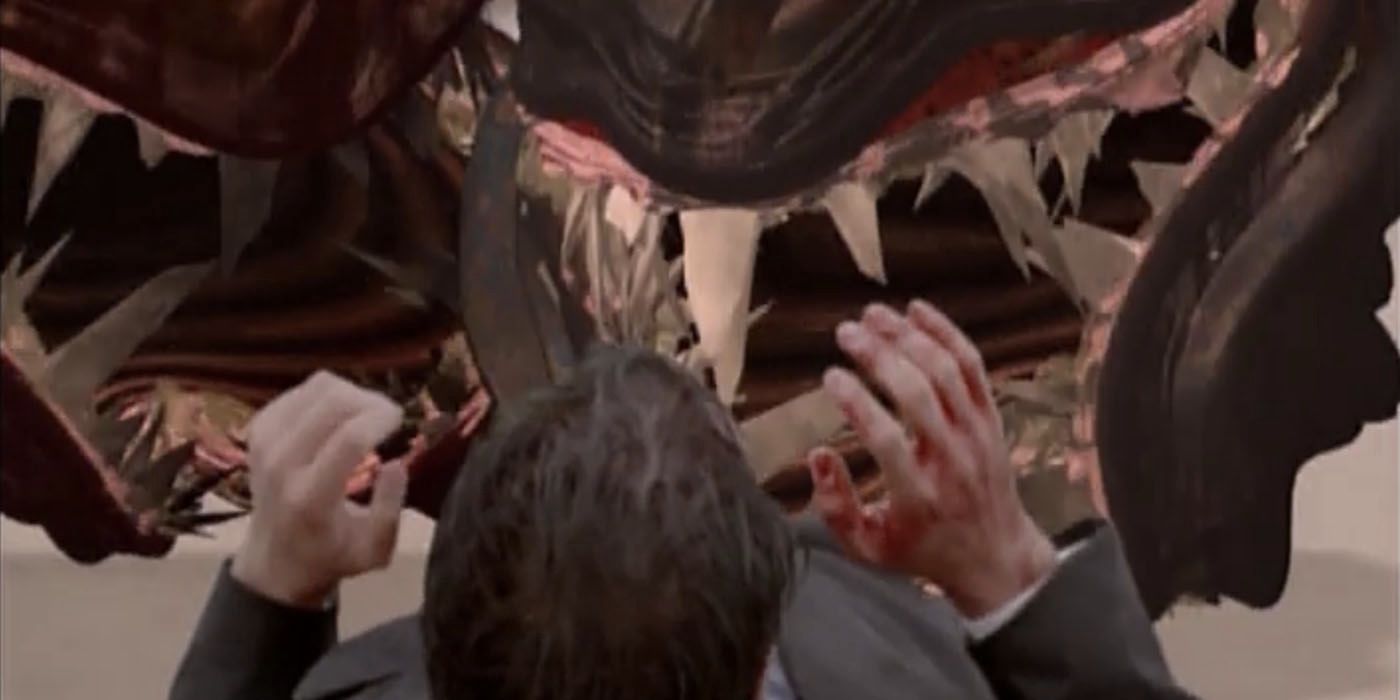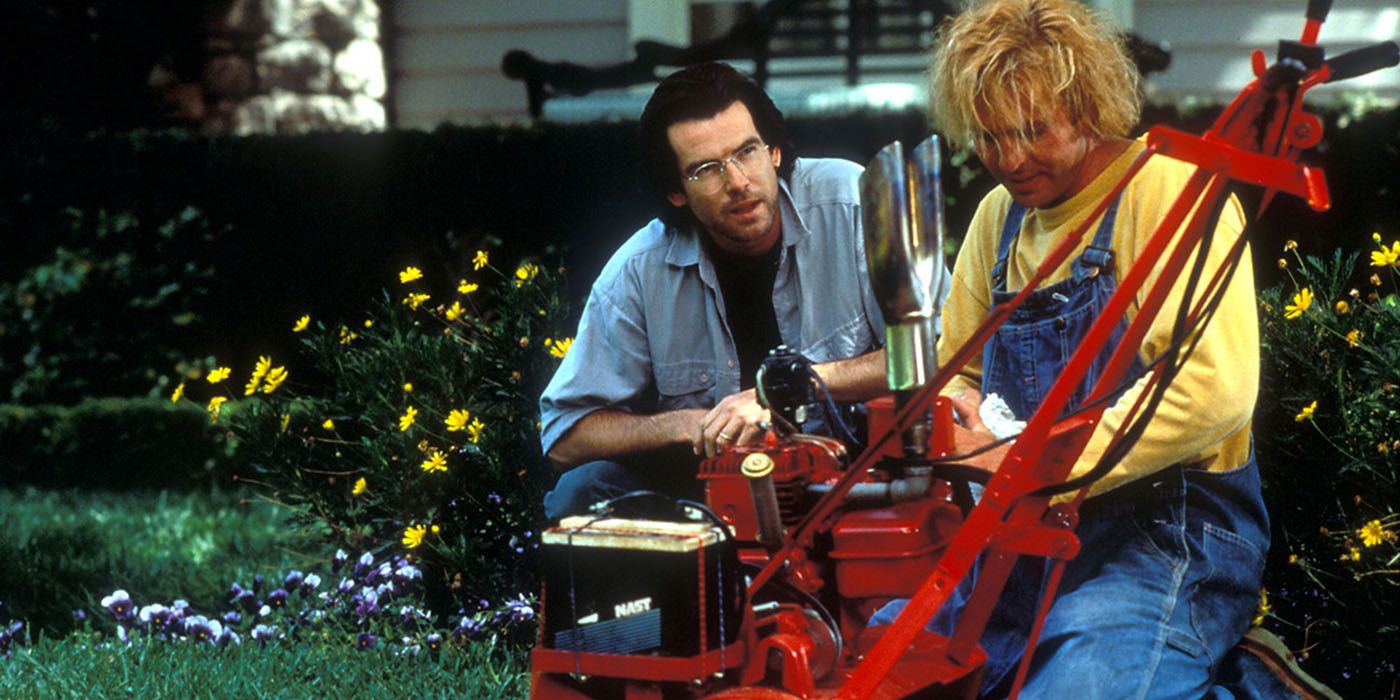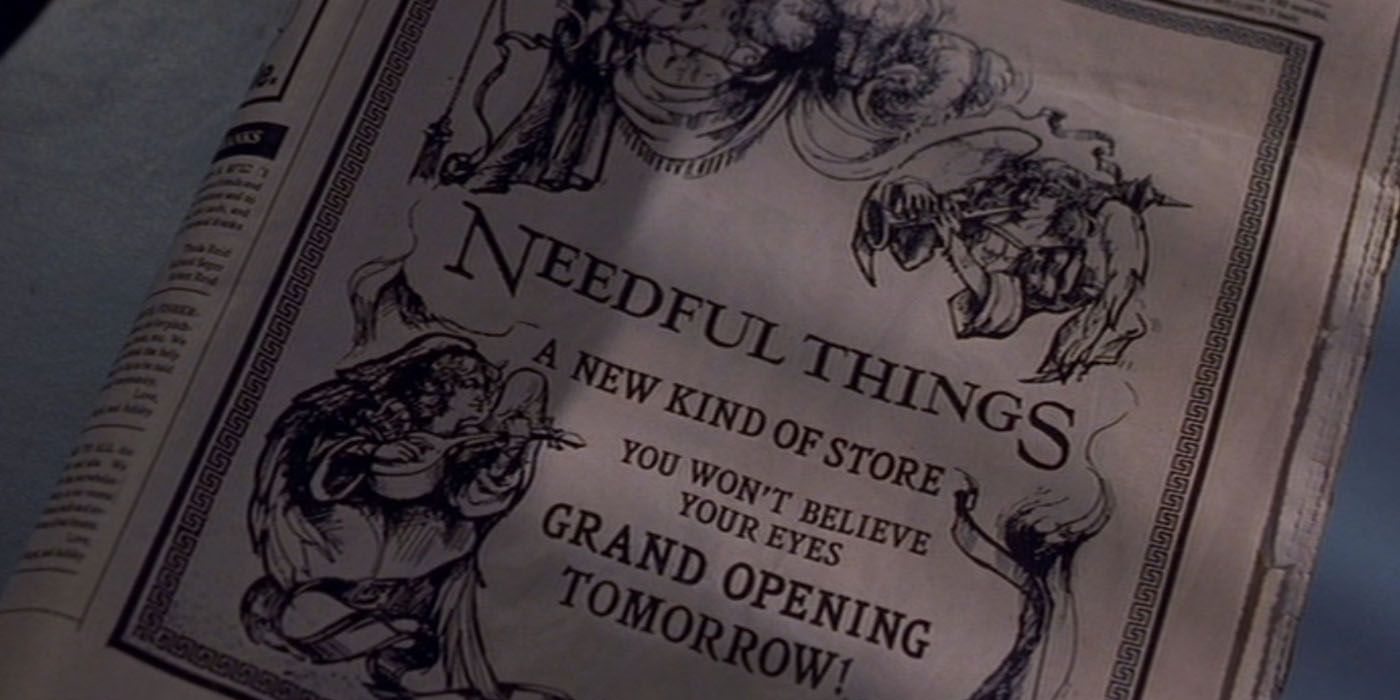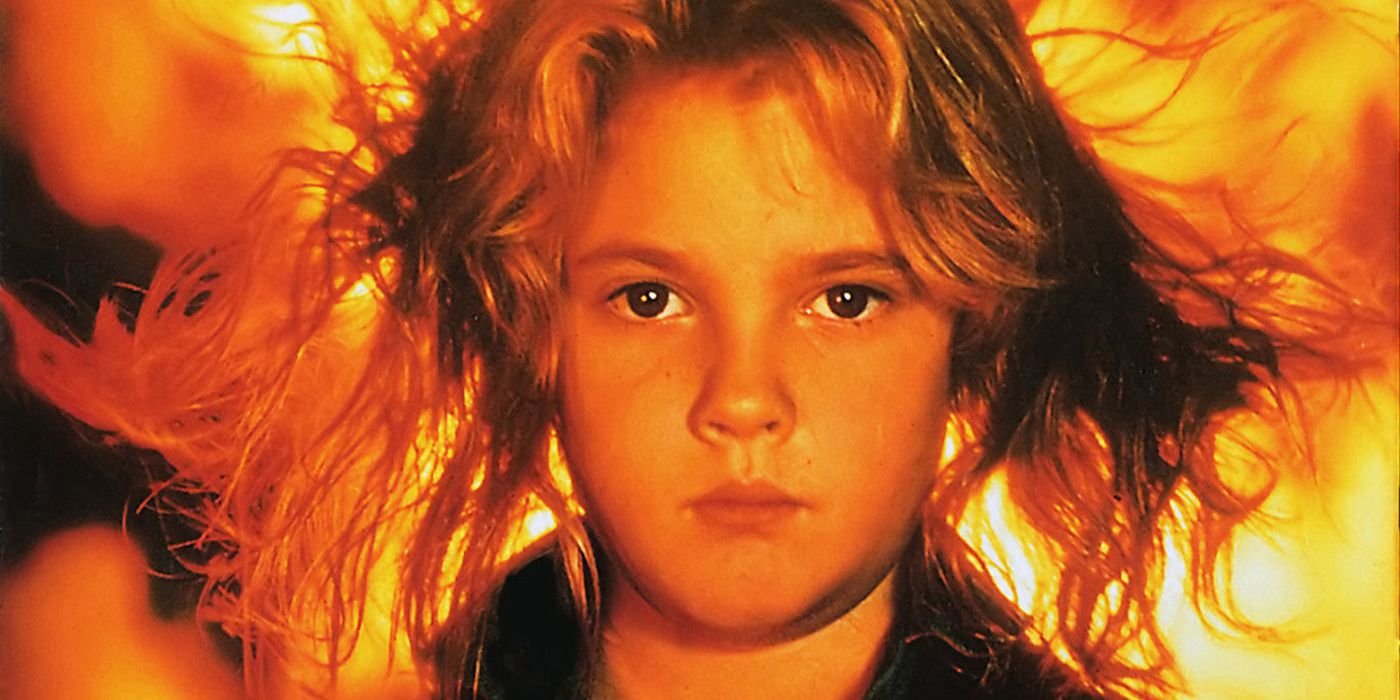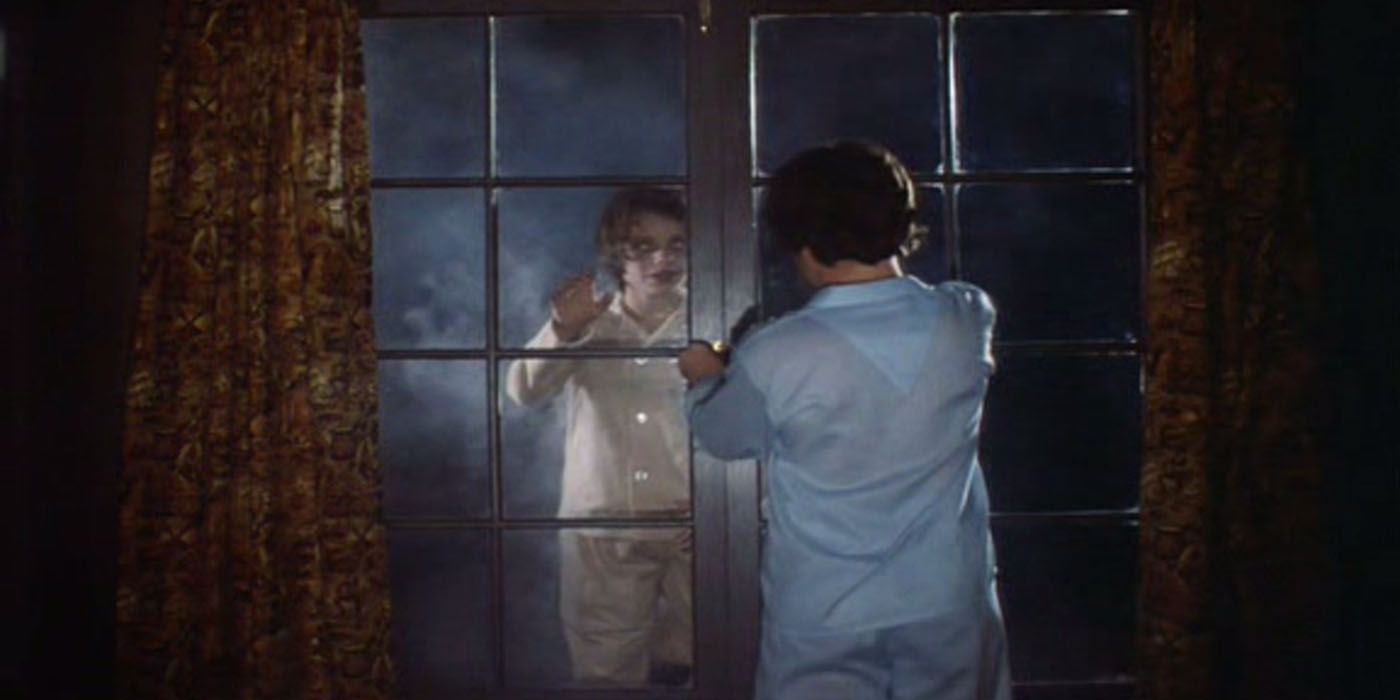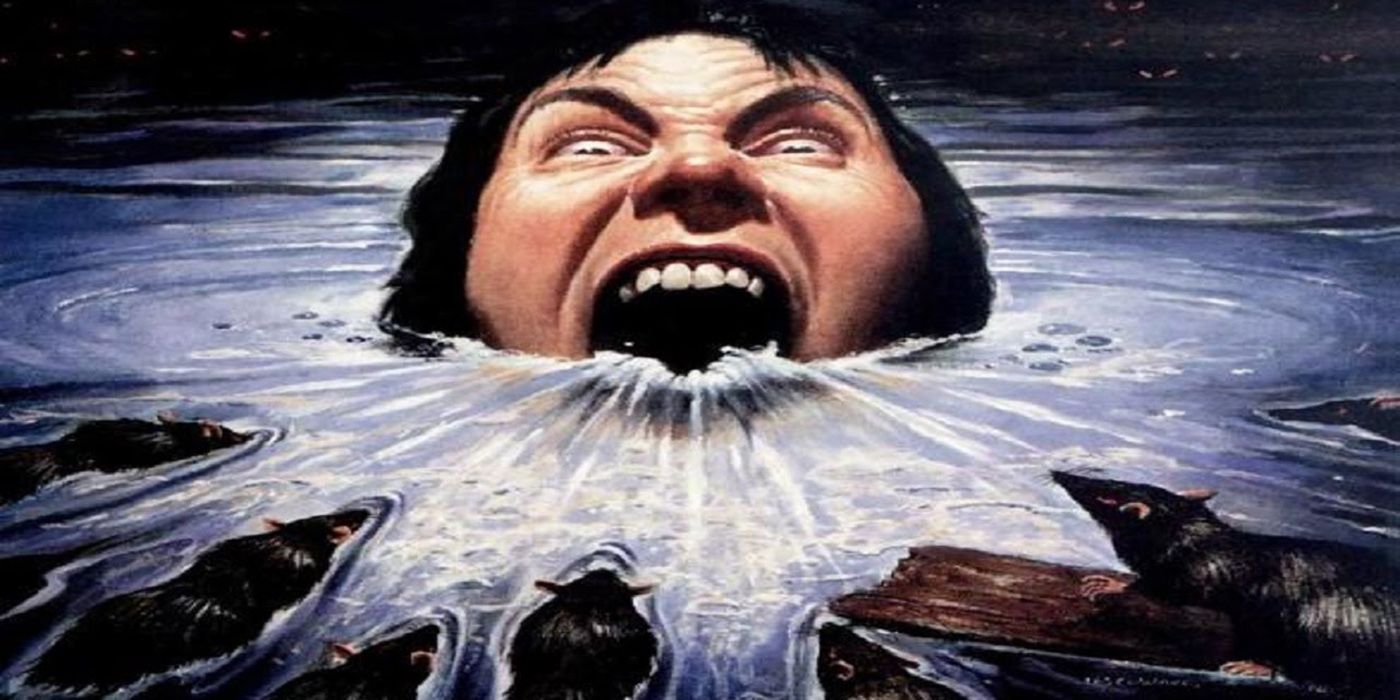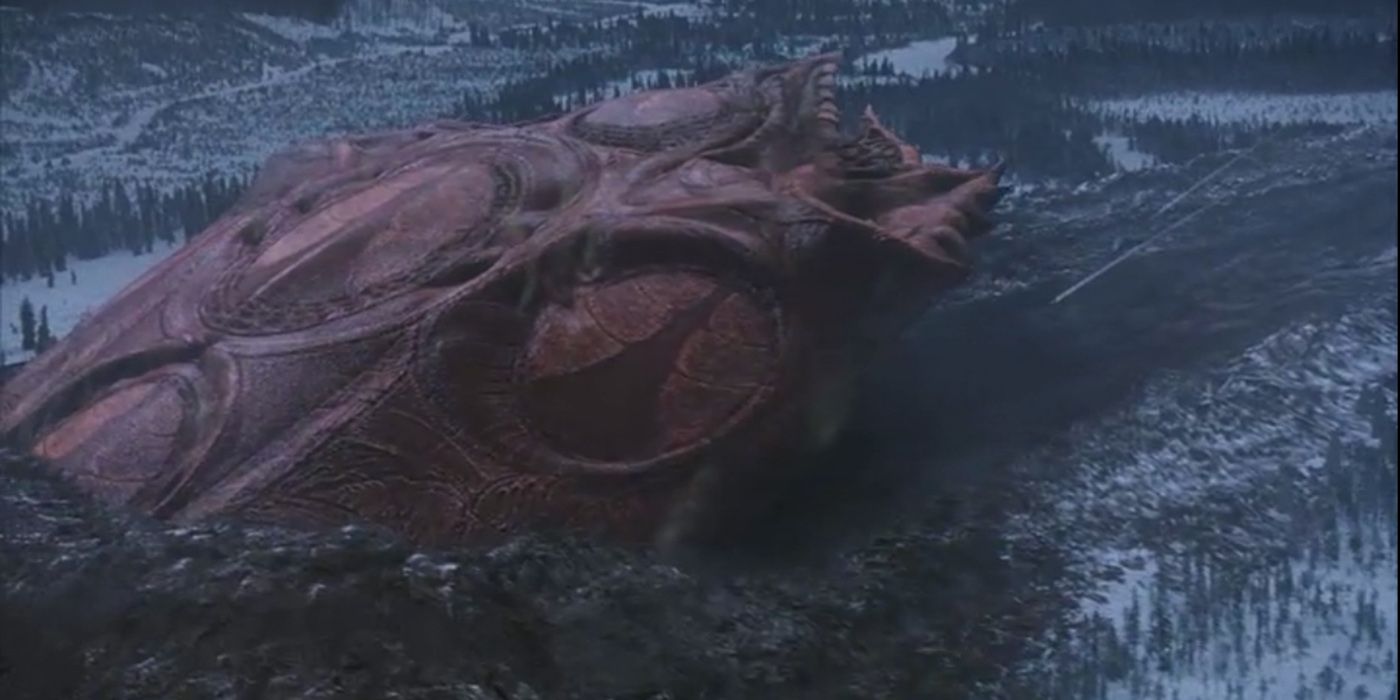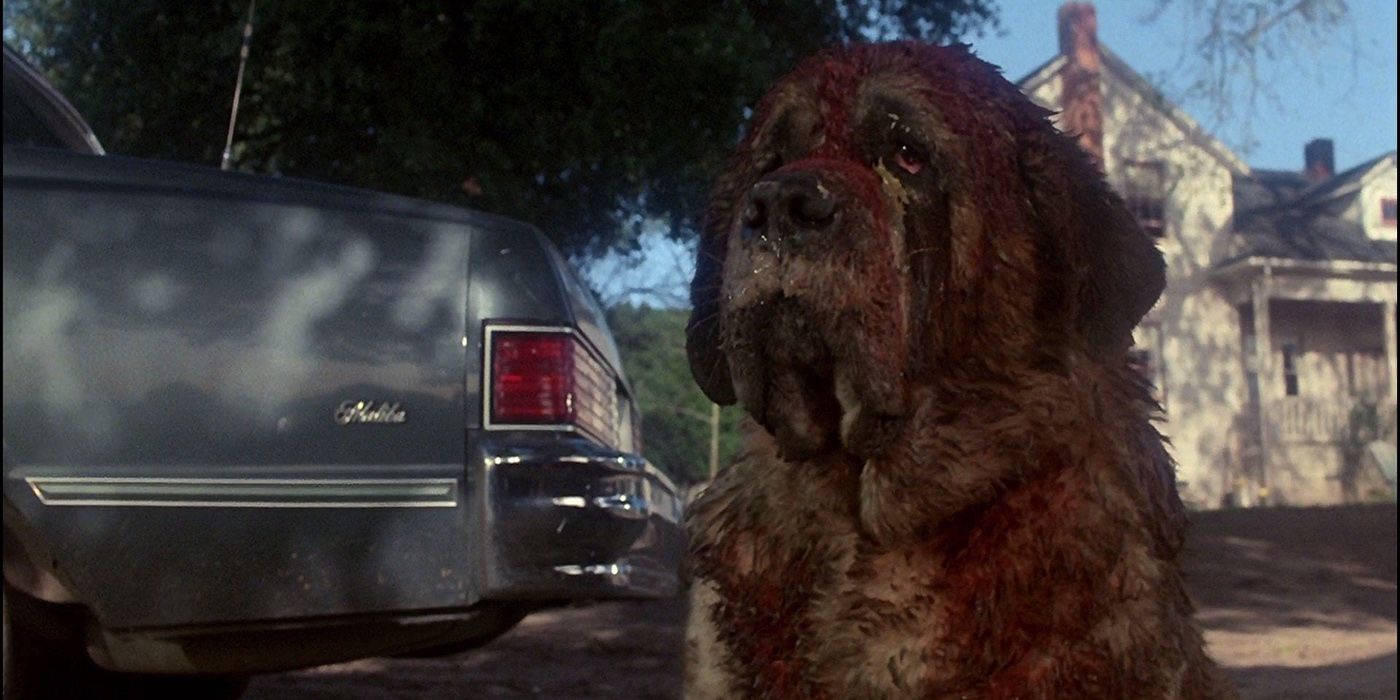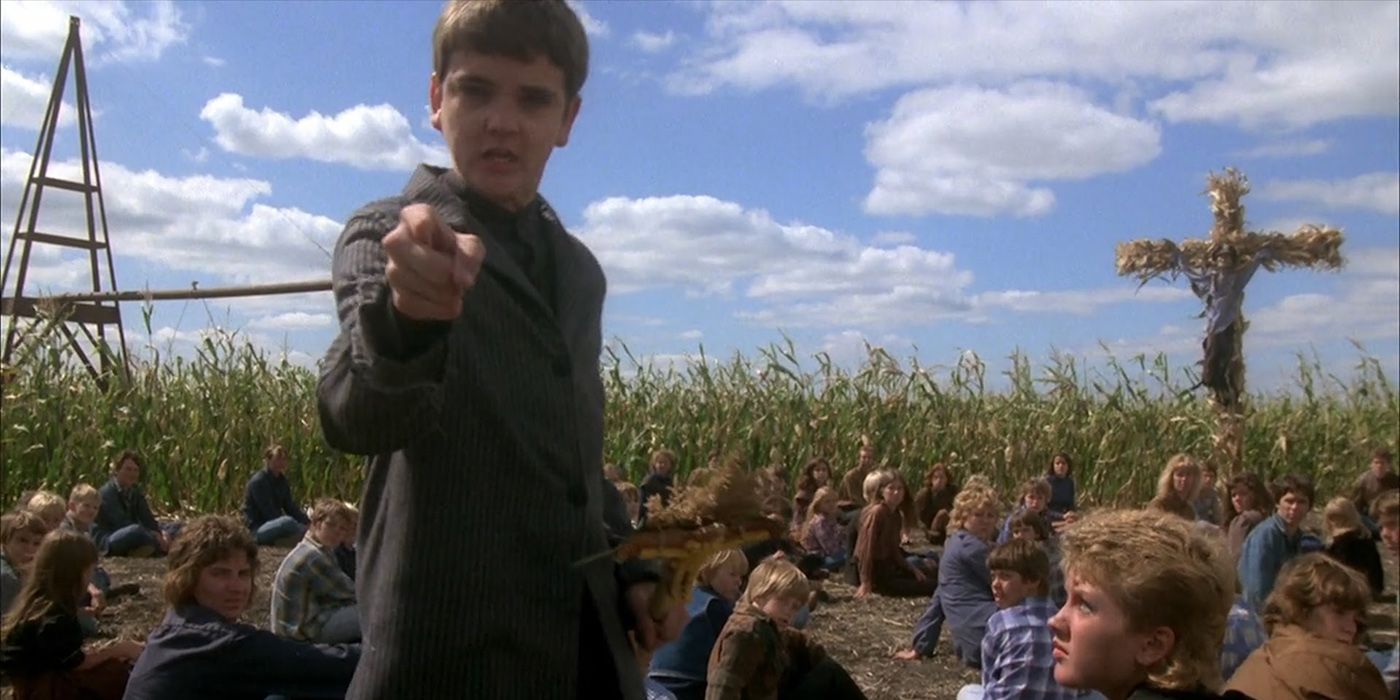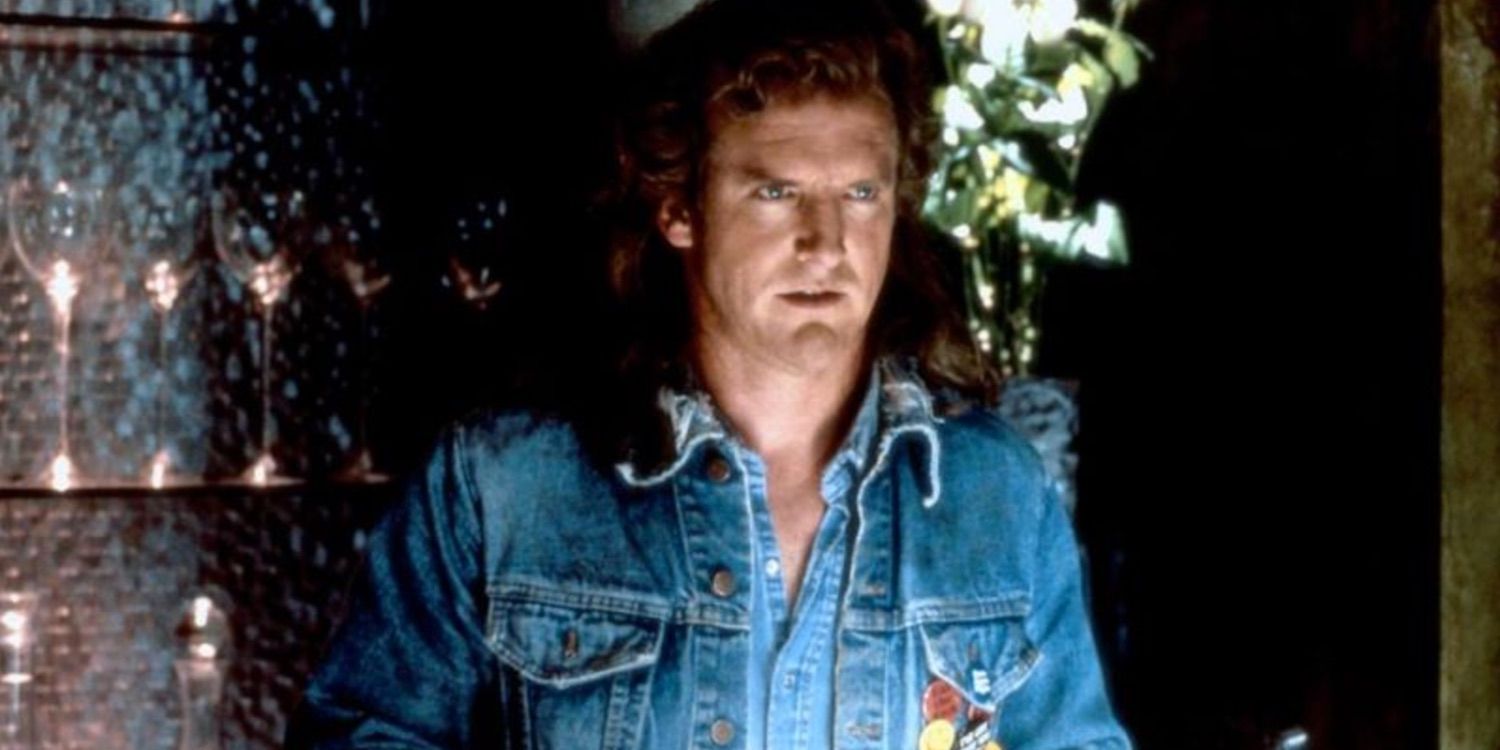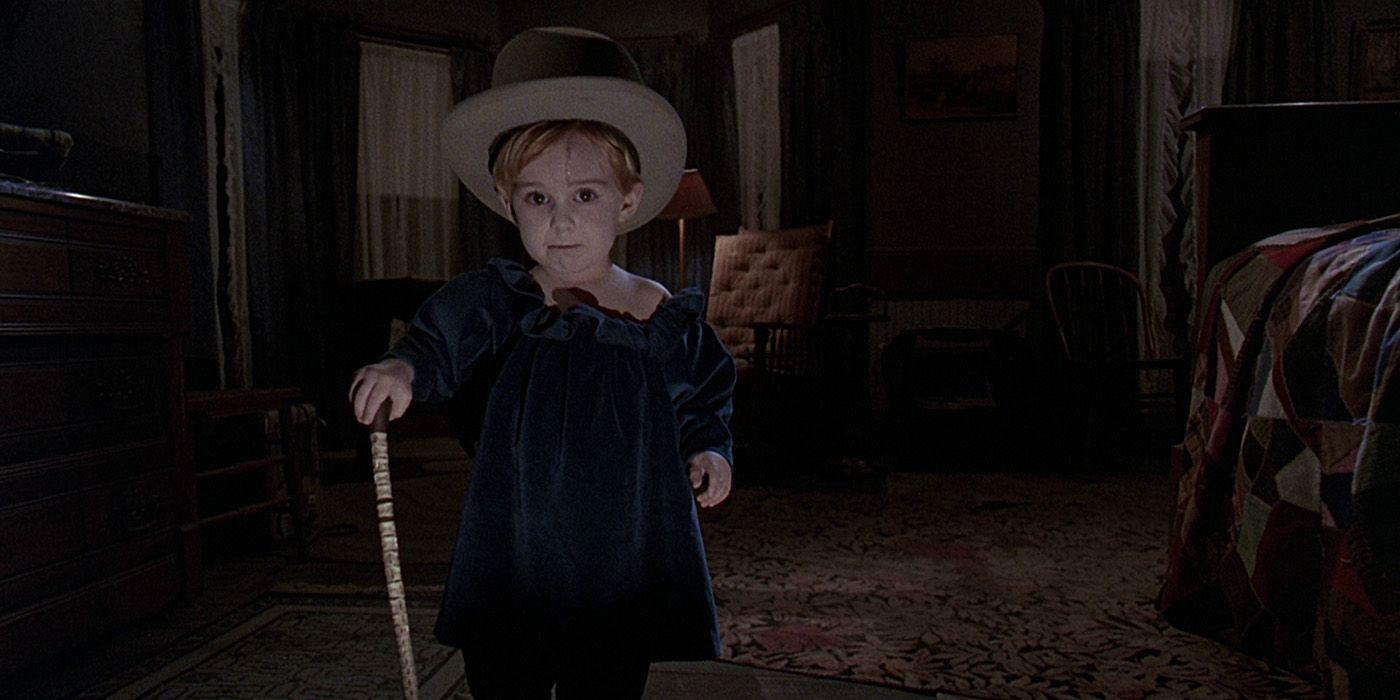Studios and networks used to turn to Stephen King adaptations like desperate parents everywhere used to turn to boxes of Hamburger Helper at dinnertime. They weren’t necessarily trying to create a masterpiece, they were just looking for a crowd pleaser with name brand appeal. While some Stephen King movies and series rank among the greatest horror outings ever made (we’re looking at you, The Shining and Misery) many adaptations of Stephen King stories fall somewhere in the “miss” category. Of course, if we’re being entirely fair, the same can be said of many of Stephen King’s novels.
Still, it’s hard not to look at the remake of It and think “maybe those old Stephen King stories deserve a second chance.” Much like It, there are many great - or at least interesting - Stephen King stories which really didn’t get the treatment they deserved the first time they were put in front of a camera. While movie fans everywhere usually treat remakes with a well-honed sense of caution, perhaps these somewhat disappointing original adaptations are the perfect candidates for a second shot at greatness. In any case, some of these adaptations surely can’t be as bad the second time around.
Here are 15 Stephen King Movies & Miniseries That Deserve Remakes.
15. The Tommyknockers
We start with one of the most controversial Stephen King novels from a narrative perspective. The Tommyknockers is the story of a group of citizens in a small Maine town (get used to hearing that a lot) who uncover what appears to be a crashed and buried spacecraft. The spacecraft starts to turn some of the town’s residents into...something, and the few people unaffected by this mysterious force must find out what exactly is going on.
Tommyknockers, the book, is a rambling mess that was largely the result of the low point in Stephen King’s personal life, when drugs and alcohol consumed him. As flawed as the book is, though, it deserves much more than the miniseries adaptation that aired on television in 1993. The miniseries glossed over the book’s commentary on addiction in favor of focusing on some of its most ridiculous scenes and obvious ideas. Tommyknockers isn’t top-tier Stephen King, but there is a frantic energy to the story that could be unlocked by a screenwriter willing to make the edits that the author himself could not at the time.
14. Cycle of the Werewolf (Silver Bullet)
The world needs new werewolf movies. Scratch that...the world needs good werewolf movies. Stories like the 1983 Stephen King novel Cycle of the Werewolf. Cycle of the Werewolf is the story of a group of residents in a small town struggling to come to terms with the fact that a werewolf lives among them. As the facts began to outweigh the doubt, however, the town’s citizens begin to wonder who among them is the werewolf. Meanwhile, the beast himself is horrified to discover his fate and struggles to come to terms with what the right thing to do is.
Cycle of the Werewolf isn’t a very revolutionary werewolf story, but it is a tightly told horror tale that features very little wasted space. Silver Bullet - the 1985 movie based on the book - is a tonally confused film that comes across like some kind of student project. Roger Ebert once stated that he felt the movie was legitimately supposed to be a parody of the novel, which certainly summarizes its bizarre dramatic timing.
13. The Dark Half
The Dark Half is a unique book in the Stephen King canon, in that it lays out an interesting premise fairly early into the story. The story revolves around writer Thad Beaumont, who is struggling to get anyone besides his wife to read his novels. However, Beaumont also writes a series of mystery novels under the name of George Stark, which have proven to be quite the crowd pleasers. When Beaumont is outed as Stark, he decides to hold a mock funeral for his alter-ego. Soon, however, Stark rises from the grave and begins a murder spree.
The “man fighting his own demons” storyline on display in The Dark Half is fairly obvious, but benefits from Stephen King’s own struggles with such things. The film, meanwhile, is a fairly generic ‘90s horror effort. Even though director George Romero adds a respectable level of flair to the original story, the script focuses too much on the murder spree part of the story and too little on the inner demons aspects. We think a remake could do better.
12. Sometimes They Come Back
Sometimes They Come Back was originally published in a magazine called Cavalier, but most people first read it when it was added to the Night Shift collection in 1978. It’s kind of a revenge story in reverse. It’s about a teacher whose young brother was murdered by local thugs when they were boys. Years later, the older brother thinks he has coped with that event as best as he is able until a new student arrives who looks exactly like the thug that murdered his brother years ago. It is, in fact, the very same thug, and he’s brought some old friends with him.
Part of the appeal of this story lies in the cruelty of it. Usually, it’s not the tormentors that rise again in this kind of situation, but rather their victims. Sometimes, however, the cruelty of your past does come back to haunt you just a little more. The 1991 CBS version of this story suffered from the same issue that many TV adaptations of Stephen King novels suffered from, which is to say that they were produced with little regard for overall quality or accuracy. The original movie was so far off base, in fact, that a remake would hardly feel like such a thing at all.
11. The Langoliers
Speaking of TV adaptations that could have cared less about the source material, let’s talk about The Langoliers. First published in 1990 as part of the Four Past Midnight collection, The Langoliers frightened readers with an almost Twilight Zone-esque story about a group of airplane passengers who begin to suspect that they are the last people on Earth. Eventually, they become aware of the existence of ancient swarm of creatures known as Langoliers who are essentially eating the Earth in order to remove it from time. As you may suspect, the passengers must then find a way to stop these creatures.
Part of what makes this sometimes standard Stephen King story work as well as it does is the way that the author so vividly describes even the most absurd elements. His words paint a hopeless nightmare of an apocalyptic landscape. The miniseries, meanwhile, is an over-the-top schlock fest that falls apart the moment the incredibly awful ‘90s CG used to create the creatures themselves is revealed. A remake of this story would improve upon the original by virtue of modern day technology alone.
10. The Lawnmower Man
If you ever wonder why it is that Stephen King hates nearly every adaptation of his work, consider The Lawnmower Man. The 1992 film version of The Lawnmower Man is famous for its “advanced” virtual reality scenes and its horror story take on the classic Flowers for Algernon story. It’s about a mentally handicapped worker named Jobe whose intelligence is raised through a series of virtual reality experiments. Eventually, Jobe’s intelligence reaches dangerous levels, and he soon becomes a god of sorts within his new virtual world.
The Stephen King book of the same name features roughly none of that. In fact, it might just be the most bizarre story King has ever written. It’s about a man who hires a groundskeeper to do something about his untamed lawn. He soon begins to suspect something may be off about this groundskeeper after he sees the man nakedly chasing his lawnmower while eating grass. Believe it or not, things only get more bizarre from there. We’re not sure if King’s version of the story would make for a comprehensible movie, but it certainly could make for a fascinating one.
9. Needful Things
The plot of Needful Things will be instantly recognizable to all you Rick and Morty fans out there. It’s about a shop called Needful Things that seemingly appears one night in a small town. Even more bizarre is the shop’s inventory. Not only does the store sell some of the rarest items on Earth, but the shopkeeper is offering them at criminally low prices. Soon, however, all these wonderfully affordable possessions begin to cause rifts between the town’s increasingly greedy residents. Could it be that the store owner is deliberately dealing in dismay?
Yes, that’s exactly what’s happening. Even though the ploy in play is obvious, watching the unspoken hatred that exists in this town come to light with help from this store’s inventory is a darkly enjoyable experience that takes advantage of King’s trademark small town storylines. The 1993 movie plays out like those at its helm only bothered to read a - mostly inaccurate - synopsis of the book’s basic plot. The book’s commentary on consumerism is ripe for a modern masterpiece, perhaps even on the small screen.
8. Firestarter
Firestarter begins with the adventures of a young man and woman who take an experimental hallucinogenic drug that not only causes them to experience a powerful trip, but grants them telekinetic abilities. The effect isn’t perfect - it causes the pair to suffer great pain - but it’s powerful enough to make these two the darlings of an underground scientific community. Eventually, the two flee their situation and have a daughter who possesses a dangerous pyrokinetic ability.
Firestarter doesn't focus on the typical Stephen King tropes (small town Maine, mysterious entity, blah, blah, blah) in favor of a more traditional psychological sci-fi thriller. It’s a truly brilliant story that was turned into a simply passable 1984 movie. That film hit many of the story’s high notes, but lacked so many of the less obvious moments that made the book as great as it was. Even if you remember the original movie fondly, there’s more than enough uncovered material from the novel to justify the second attempt. There were reports of a Firestarter remake a few years ago, but it's starting to feel like that project is dead.
7. Salem’s Lot
This entry may be somewhat controversial, as Salem’s Lot has already been adapted twice. Does the world really need another version of this story? Well....yes, it does. For those who don’t know, Salem’s Lot is considered to be one of Stephen King’s greatest novels and one of the greatest vampire stories ever committed to print. It’s about a small town (try not to be surprised) that welcomes two new residents who are, in fact, vampires. The vampires methodically turn the rest of the town into fellow undead servants while a small group of locals tries their best to stop the scourge.
Each adaptation of Salem’s Lot (the 1979 miniseries and the 2004 miniseries) have their own merits and disadvantages, but neither of them really recreate the brilliance of the book. The 1979 series features some all-time great visual scares but skips over several aspects of the book. The 2004 version is a bit more faithful, but a little more dull overall. You have to believe there’s still a perfect adaptation of this novel to be seen.
6. Graveyard Shift
If you haven’t read the 1979 short story collection Night Shift, please do so as soon as possible. It’s the source of a few of the tales on this list, and they rank as some of King’s best short stories ever. Graveyard Shift doesn’t typically get the same amount of love that other tales in that collection do, which is a real shame. The premise - a group of workers are tasked with clearing out a rat infestation that turns out to be quite abnormal - doesn’t sound like much, but Graveyard Shift is a candidate for the most grotesque and visually disturbing story King has ever written.
That’s what makes it that much more sad that the movie adaptation fails to really display the full visual horror of the original story. In fact, the movie even alters some of the story’s best moments - including the shocking reveal of the queen rat and the subsequent fate of the workers - in favor of inserting lesser alterations. This story would be perfect for a modern-day gorefest.
5. Dreamcatcher
Even before Stephen King admitted that he was taking a lot of Oxycontin while writing Dreamcatcher, most people assumed that was the case. It’s impossible to give a “basic” summary of the plot given how weird this one gets, but the core premise involves a group of friends who rescue a young boy with psychic abilities. Eventually, they acquire some of the boy’s powers and become involved in a conflict between the American government and some invading extraterrestrials.
The book isn’t considered to be one of King’s best - quite the opposite, in fact - but it is certainly one of those stories that theoretically benefits from editing and a visual medium. Unfortunately, the 2003 adaptation of the novel ended up being a jumbled mess that so happened to feature an abnormal amount of talented actors (Damian Lewis, Thomas Jane, and Morgan Freeman among them). You have to believe that there is a director/screenwriter out there who recognizes that Dreamcatcher is ripe for the kind of hallucinogenic film experience that used to be prolific in the ‘60s.
4. Cujo
The 1983 version of Cujo is a pretty good movie. However, it’s a pretty good movie based on an incredible novel. Stephen King may not remember writing Cujo due to the fact that he was drinking so much at the time (are you detecting a trend here?) but anyone who has read the book most certainly remembers the terrifying tale about a family dog who becomes infected with rabies and traps a young woman and her child in a car. What follows is a harrowing tale that rarely leaves the confines of the busted down Ford that is their only shelter.
The original movie did an admirable job of capturing the novel’s tension, but it felt a little too rushed for its own good. It relied on more traditionally cinematic elements of excitement and often strayed from the simple brilliance of the book’s basic set-up. This is an intimate horror story the likes of which we rarely see translated to film, and it deserves to be seen in an uncompromised way. That doesn't sound like something we're going to get from that rumored Cujo "remake" about some kind of special forces team, so let's just hope that one got canned entirely.
3. Children of the Corn
We’re not entirely sure why, but Children of the Corn seems to attract an abnormally large amount of awful adaptation attempts. First, there was the 1983 short film - Disciples of the Crow - which barely touched upon much of the original plot. Then, there was the more popular 1984 film, which featured a larger budget and runtime, but some of the corniest dialog and acting you’ll ever find. (There's also more than half a dozen sequels to this one, but we'll ignore those, as should you.) Finally, we have the 2009 SyFy Channel version, which borrows the original adaptation’s shorter runtime and the latter’s awful acting and writing.
It’s beginning to feel like it just might not be possible to properly adapt the Stephen King story, but we refuse to believe that to be the case. The original story isn’t perfect, but the reason that so many people keep returning to it is because it features some nearly universal elements of horror that you think would translate to film. Cultish kids in Amish country? How is that hard to do right?
2. The Stand
The Stand is considered by many to be Stephen King’s greatest epic. This 1000+ page novel chronicles the adventures of the last humans on Earth and their eventual split into the forces of good and evil. It was adapted into a high-profile miniseries in 1994 that was generally well received at the time, but is definitely starting to show its age. Remember that this was a time before the new golden age of TV drama, when television epics sometimes carried that nasty melodramatic feel.
The saga of remaking The Stand has proven to be nearly as epic as the original novel. Since 2011, various studios and networks have attempted to remake the epic as a movie, TV show, and even a movie/TV show combo. Due to various issues ranging from Ben Affleck dropping out to simple licensing conflicts, the remake of The Stand has entered the seventh circle of development hell. If given the choice, we’d love to see HBO or Netflix snag the rights to this one and turn it into a miniseries.
1. Pet Semetary
While no two Stephen King fans can ever seem to agree on what the absolute scariest Stephen King novel is, Pet Semetary typically has a home on just about every short list. It’s a novel about grief and death centered around a cemetery that seems to possess the power of resurrection. It starts with a father trying to bring back the family cat in order to comfort his children and quickly escalates to the misguided resurrection of humanity.
The 1989 film adaptation of Pet Semetary is remembered for a couple of iconic visual scares - including a truly terrifying scene involving a baby and a knife - but the movie doesn’t have much to offer in-between these big scare moments. It lacks the book's methodical examination of the characters at the heart of this tale. There have been discussions regarding a Pet Semetary remake for years now, but there hasn't been any real progress made on the project in years. Guillermo Del Toro once expressed an interest in directing the remake (which would be fantastic) but Spanish director Juan Carlos Fresnadillo was the last person officially attached to the adaptation.
--
What Stephen King adaptations would you like to see get the remake treatment? Let us know in the comments.

